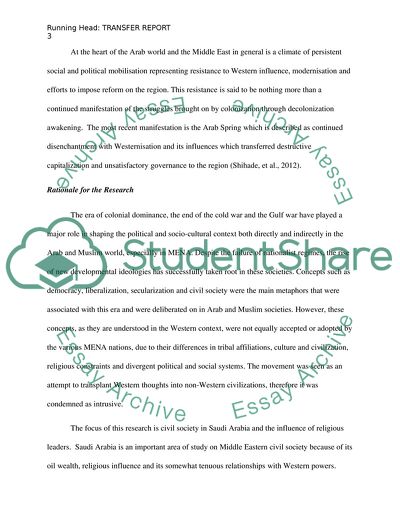Cite this document
(Civil Society and Religious Figures in Saudi Arabia Report Example | Topics and Well Written Essays - 4250 words, n.d.)
Civil Society and Religious Figures in Saudi Arabia Report Example | Topics and Well Written Essays - 4250 words. https://studentshare.org/social-science/1843008-civil-society-and-religious-figures-in-saudi-arabia-transfer-report
Civil Society and Religious Figures in Saudi Arabia Report Example | Topics and Well Written Essays - 4250 words. https://studentshare.org/social-science/1843008-civil-society-and-religious-figures-in-saudi-arabia-transfer-report
(Civil Society and Religious Figures in Saudi Arabia Report Example | Topics and Well Written Essays - 4250 Words)
Civil Society and Religious Figures in Saudi Arabia Report Example | Topics and Well Written Essays - 4250 Words. https://studentshare.org/social-science/1843008-civil-society-and-religious-figures-in-saudi-arabia-transfer-report.
Civil Society and Religious Figures in Saudi Arabia Report Example | Topics and Well Written Essays - 4250 Words. https://studentshare.org/social-science/1843008-civil-society-and-religious-figures-in-saudi-arabia-transfer-report.
“Civil Society and Religious Figures in Saudi Arabia Report Example | Topics and Well Written Essays - 4250 Words”. https://studentshare.org/social-science/1843008-civil-society-and-religious-figures-in-saudi-arabia-transfer-report.


